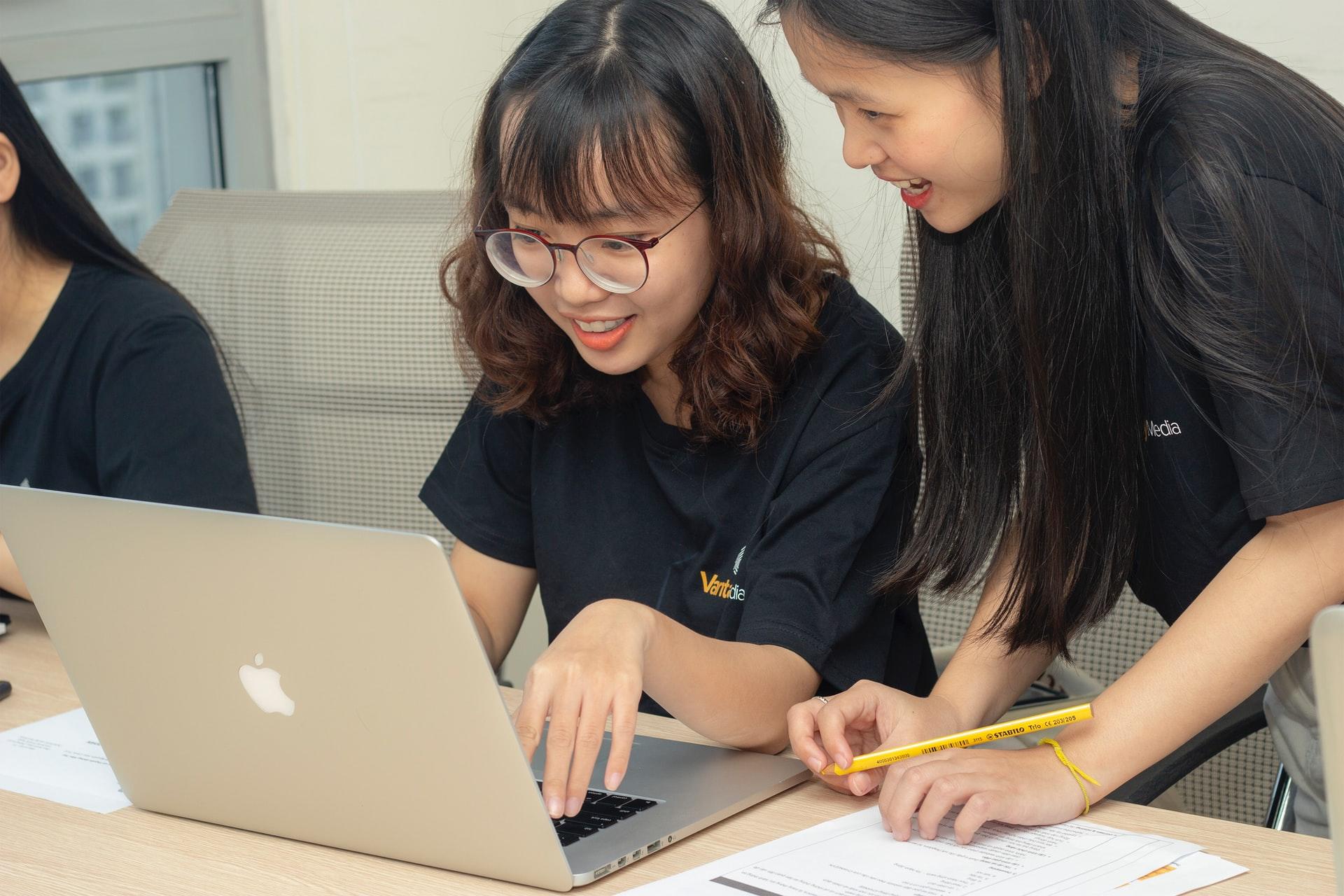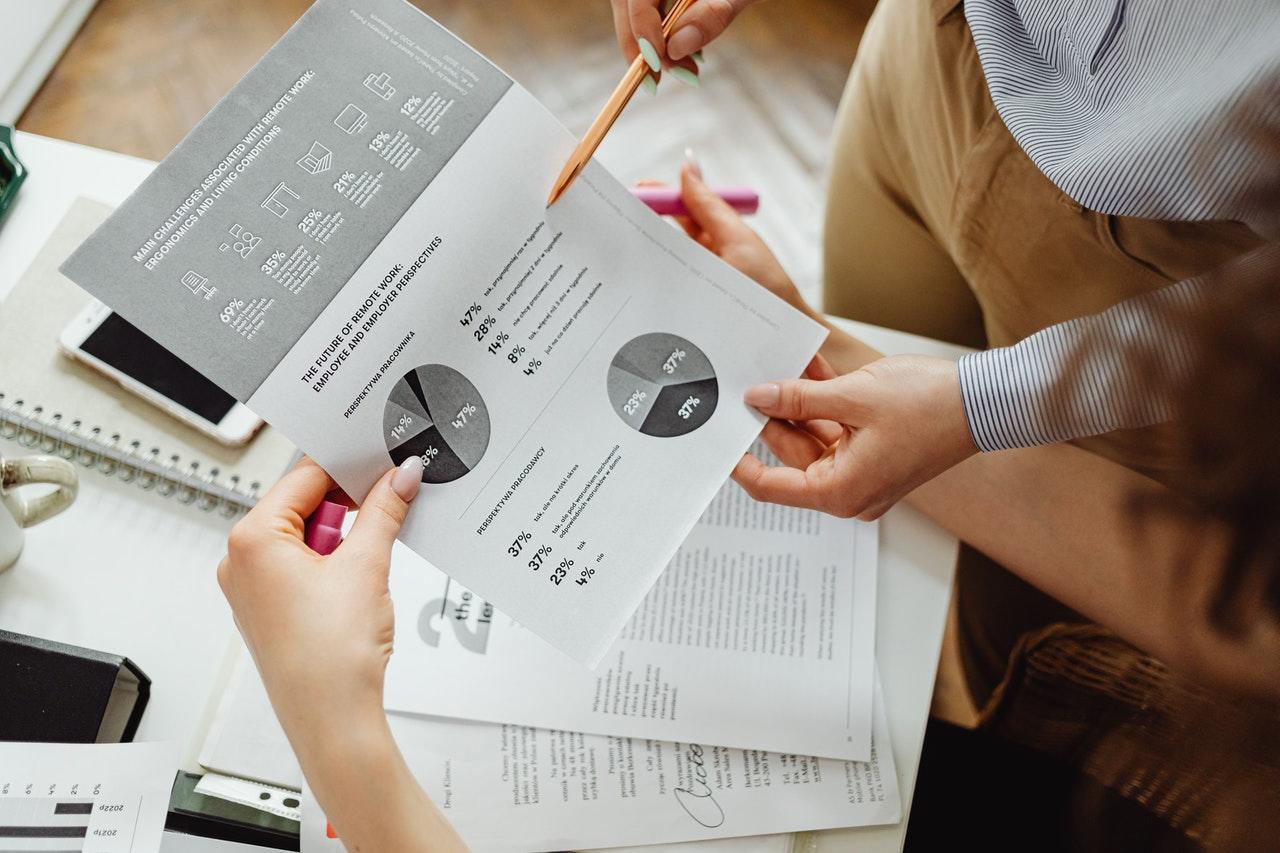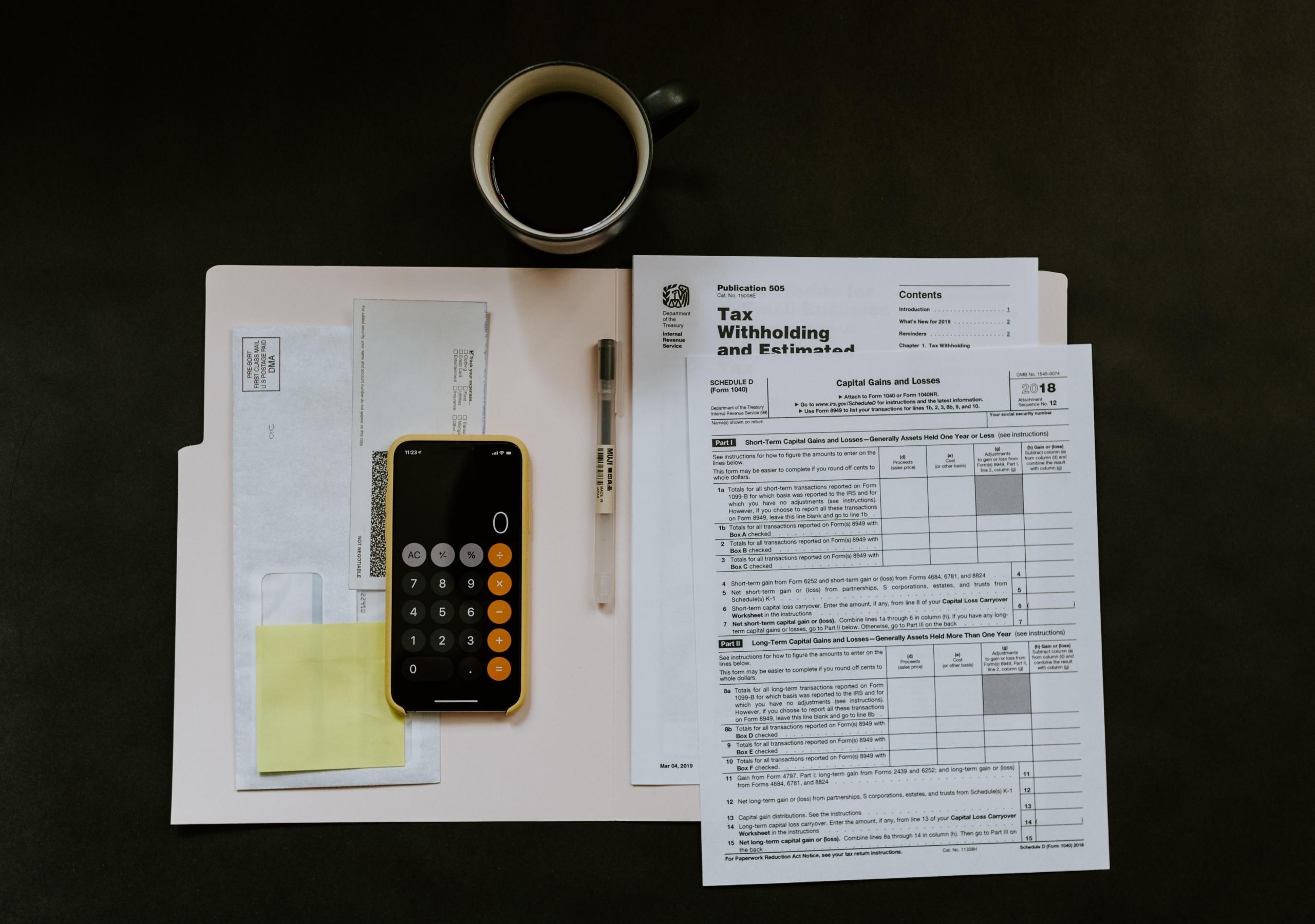Maybe you have been given "THE LOOK".
You know, the look when people heard that you are studying Accounting.
Throw in a couple of comments that sound like this.
"You are just staring at numbers all day and balancing them, it must be very easy."
"Accountants are boring."
Deep down, you can't wait to prove them wrong as you take your first step to be an ace in A-Level Accounting.
In this article, we will be looking at how you can benefit from taking this subject, review some topics that you will come across while studying and have the best A-Level Accounting learning experience!

What Are The Skills That You Can Obtain Through Accounting?
It's time to gather your weapon for the best comeback response the next time someone comments about how "easy" Accounting is.
Here are 4 strong skillsets that you will develop as you learn Accounting.
Strong analytical skill
It's funny to assume to think that accounting is all about staring at numbers. There's more to it.
When you study accounting, you have to categorise the numbers and make sense of them. You'll find yourself asking these questions as you study them.
- Should these figures go to the debit or credit side?
- Are these assets or liabilities?
- What does this amount mean and how will it affect the business if the amount continues to increase/decrease?
Time management
Efficiency matters when you are studying and tabulating financial statements. Thankfully, you can get tons of practice through your A-Level Accounting exam papers before you deal with real-life examples with pressing deadlines.
You will take a total of 3 papers for this subject throughout your A-Level studies.
The test duration for Paper 1 is 1 hour, followed by 1 hour and 30 minutes for Paper 2 and 3 hours for Paper 3.
- Paper 1: Thirty objective questions
- Paper 2: Four structured questions
- Paper 3: Six structured questions

Photo by Xframe
Great eye for detail
Next, you get to play the "fraud police" when you study Accounting. Through consistent exercises and reviewing of financial statements, you can then easily spot some accounting mistakes or missing data that caused the imbalance of accounts for both sides.
If this is your passion, you can even specialise in forensic accounting in the future. How cool is that?
Good written and oral communication skills
Many people don't usually think of Accounting as a practical and lively subject. The fact is, accounting does not stop at the tabulation of accounting transactions. You will learn how to give explanations and even suggestions based on the accounts.
If you choose to pursue a career in Accounting, be prepared to write lots of reports and present slides in front of various stakeholders of your client.
You'll end up as an all-rounder.
Also, don't forget to check out these best learning resources for A-Level Accounting.
What Are The Topics That You Will Learn For Your Cambridge A-Level Accounting Subject?
If you are about to register for your A-Level Studies, here are the Accounting topics that you will learn at the AS Level and A-Level.
There are altogether 29 topics that you will master under the branch of financial accounting and cost and management accounting.
AS Level Syllabus
- Financial Accounting [9 topics]
The accounting cycle
Accounting for non-current assets
Reconciliation and verification
Preparation of financial statements
Adjustments to financial statements
Sole traders
Partnerships
Limited companies
Analysis and communication of accounting information to stakeholders
- Cost and management accounting [6 topics]
Costing for materials and labour
Traditional costing methods
Absorption costing
Marginal costing
Cost–volume–profit analysis
The application of accounting to business planning
Don't forget to read this article to find out the latest exam structure of A-Level Accounting.
A-Level Syllabus
- Financial Accounting [ 10 topics]
Preparation of financial statements
Manufacturing businesses
Not for profit organisations
Limited companies
International Accounting Standards
Auditing and stewardship of limited companies
Business purchase and merger
Consignment and Joint venture accounts
Computerised accounting systems
Analysis and communication of accounting information
- Cost and management accounting [4 topics]
Activity-based costing (ABC)
Budgeting and budgetary control
Standard costing
Investment appraisal

Photo by Xframe

How To Calculate The Overall Grade For Your Cambridge A-Level Accounting Paper?
After looking at the topics that you will learn, let's look at how you are graded for your Cambridge A-Level Accounting papers.
Paper 1 [ Total mark is 3o marks]
- The weightage of this paper is 15%.
- 1 mark for each objective question.
Paper 2 [Total mark is 90 marks]
- The weightage of this paper is 35%.
- Question 1 holds 30 marks.
- Question 2 and 3 hold 15 marks respectively.
- Question 4 holds 30 marks.
Paper 3 [ Total mark is 150 marks]
- The weightage of this paper is 50%.
- The four structured questions in Section A are 25 marks each.
- The two structured questions in Section B are also 25 marks each.
You can refer to the table below for the grading scale for A-Level.
| A-Level Grade | Marks Range |
|---|---|
| A* | 90–10 |
| A | 80–89 |
| B | 70–79 |
| C | 60–69 |
| D | 50–59 |
| E | 40–49 |
Find more studying tips for your A-Level Accounting papers.
What Kind Of Resources Can You Refer To For Your A-Level Accounting Revision?
Now it's time to get your hands on to start exploring and learning. We're all about diverse and flexible learning methods.
Here's a combination of both online and offline learning resources that you can use while revising your A-Level Accounting.
Online forums and blogs
It's only natural to Google something if you need to find an answer to a complex question these days.
To our fellow Gen Zs who are reading this, you know the number of hours that you spend online.
While you're browsing and swiping, don't forget to look for A-Level Accounting online forums on social media and student blogs and bookmark them. That's where you'll find a compilation of past year's papers, other sample questions and even studying tips to score for the papers.
Tutorial videos
We bet you would agree in a heartbeat that Youtube is one of the greatest inventions of the Internet so far.
Besides acting as a hub of entertainment and relaxation, Youtube is certainly a great hub of education. You can find so many tutorial videos on A-Level Accounting from many teachers and students. The best thing? They are free to access and view anytime and anywhere you want, as long as you have a stable Internet connection!
Textbooks and workbooks
Call us old school, but textbooks and workbooks are staple learning materials for every subject. If you love the good scent of physical books and prefer to study with minimal distraction, you should certainly invest in a good A-Level Accounting textbook.
There are many textbooks that are endorsed by the Cambridge International Assessment Education where you can find them at local bookstores or order them online via Book Depository.

Photo by Xframe
While you are studying online/offline, you can also learn more about the complete marking scheme for A-Level Accounting here.
Should You Take A-Level Accounting Tutoring Lessons?
We totally understand if some of you prefer to take additional tutoring lessons for your A-Level Accounting studies.
Perhaps you prefer a more hands-on studying method with a personalised learning experience.
Perhaps you are also thinking of tutoring Accounting one day and you wonder how the process would be.
Whatever reasons you may have to opt for tutoring, trust us when we say that you will certainly reap the rewards of investment in education regardless of your educational level.
It is always great to learn more and improve. We highly recommend you find the perfect Accounting tutor via Superprof!
Superprof is a global platform that allows you to connect with passionate and dedicated tutors from all parts of the world that is ever-ready to share their expertise with you.
Do you know that there are around 1001 subjects that you can learn from the tutors at Superprof?
You also don't have to worry about the credibility of the tutors as their published profiles have been certified and verified by the Superprof team as well as their past students (if any).
In fact, more than a million students have given a score of 5 stars to their tutor. That speaks volumes, right?
Let's walk you through the benefits of learning from a Superprof tutor.
- You can choose between online and physical lessons (Super flexible!)
- You can choose to learn from a new student tutor or an experienced Accounting retired teacher.
- You are the one who sets the maximum budget for the hourly rate (Super affordable!)
- You can choose the tutor based on your preferred learning methodology (Super student-friendly!)
- You can discuss freely with your tutor the teaching scope and arrange your lessons according to your learning pace and progress.
Let's say you are based in Kuala Lumpur and would prefer a physical lesson at your home, you can just key in "Accounting" and select "Kuala Lumpur" in the searching box of the Superprof Malaysia homepage.
From there, the system will direct you to our selection of Accounting tutors for you based on your filtering earlier. You can take your time to browse and compare the tutors' profiles before deciding.
If you prefer to contact different tutors at the same time to understand their services better, you can subscribe to the exclusive Student Pass at only RM25 and have unlimited access to all the tutors at Superprof!
We hope that you have enjoyed reading this article. Now, you are more ready to answer any questions on Accounting more confidently and score well for your A-Level Accounting exams!
You are bound to make waves when you master Accounting.
Knowledge will bring you the opportunity to make a difference" Claire Fagin
Summarise with AI:
























